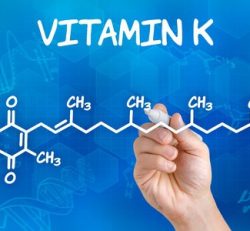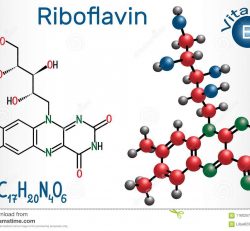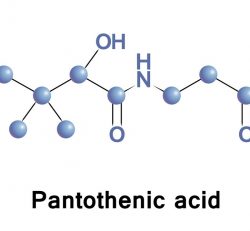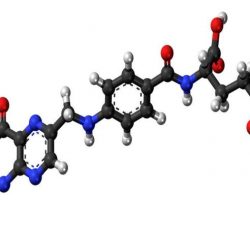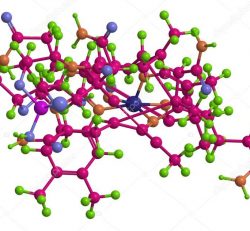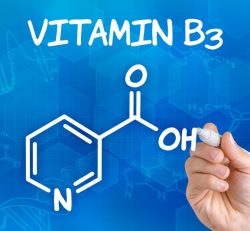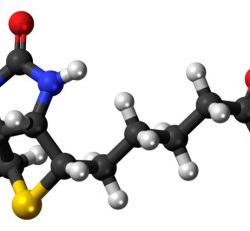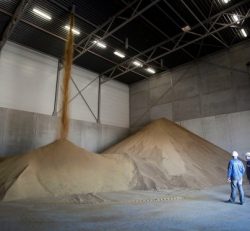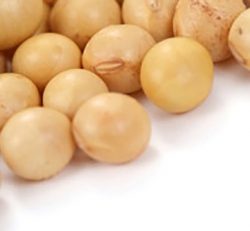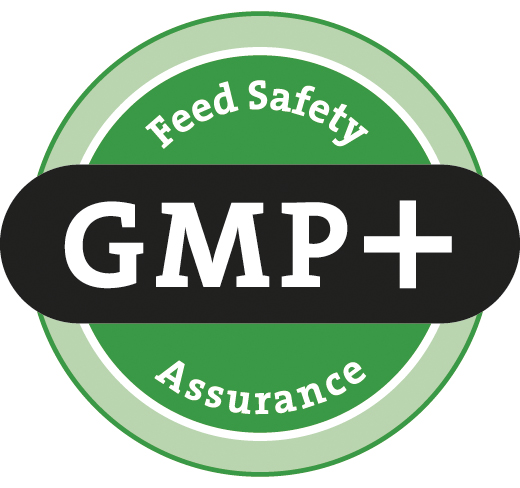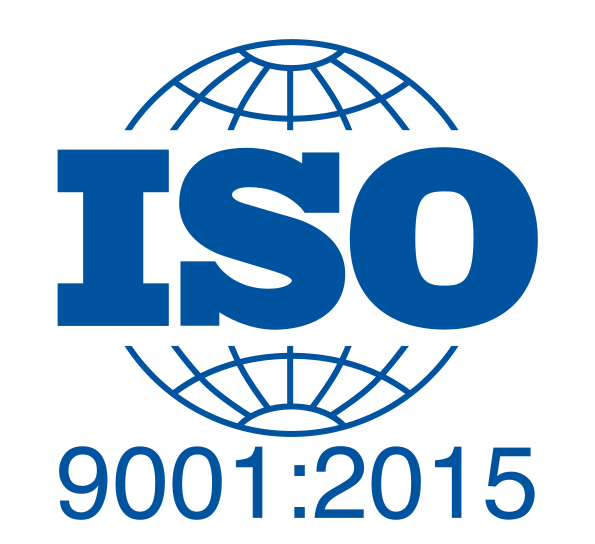INSECTS: 3 HEALTHY COMPOUNDS FOR ANIMAL FEED
Insects are promising feedstuffs for animal feeds as they contain not only valuable nutrients but also particular compounds that seem to be able to modulate animal microbiota and to optimise animal health. Here we discuss what they are.
These healthy components are discussed in a new paper, published in the Journal of Insects as Food and Feed. In this editorial, the authors discuss the effect of chitin, lauric acid, and anti-microbial peptides provided by insects. These components can be beneficial for food producing animals and have potential to help in reducing the need for antibiotics for example.

In pigs and broilers anti-microbial peptides improve growth performance, promotes nutrient digestibility and gut health, positively alters intestinal microbiota, and enhances immune function. Photo: Jan Willem Schouten
1/ Chitin
The first healthy component of insects is chitin. Chitin is a component of the exoskeleton of crustaceans and insects. Chitin and chitin derivatives can stimulate innate immune cells. Feeding shrimp chitin to broilers for example have been shown to inhibit the growth of the foodborne pathogens Escherichia coli and Salmonella in the intestine. In other trials, chitin fed broiler chickens resulted in a reduction in body fat and possibly the production of leaner meat. This is due to the hypolipidaemic and hypocholesterolaemic properties of chitin. Trials in laying hens that were fed about 1.02g per day of chitin provided by dietary black soldier fly larval meal inclusion showed enhanced immune response and a better disease resistance. In fish, research showed chitin is able to reduce pathogen growth by enhancing the growth of beneficial intestinal microbiota with positive effects on performance and health.
2/ Lauric acid
The second beneficial component of insect is lauric acid. Lauric acid is known to have profound antiviral and antibacterial activity. Black soldier flies are rich in fat, with levels ranging between 15% and 49% on dry matter basis. Notably, the fatty acid profile of the prepupae is high in the medium-chain fatty acid lauric acid (C12:0). The fat of prepupae reared on organic waste streams with high amounts of starch contains up to 60% lauric acid. Recently, an in vitro trial showed that black soldier fly prepupal fat (0.58g C12:0/100 ml) suppressed growth of lactobacilli, with the most substantial antibacterial effects against D-streptococci infections in pigs.
3/ Antimicrobial peptides
The third healthy ingredient of insects are the antimicrobial peptides. The greatest diversity of anti-microbial peptides are found in insects and until now, more than 150 insect proteins with antimicrobial activity have been identified and can be classified as follows:
- α-helical peptides (e.g. cecropin and moricin)
- cysteinerich peptides (e.g. insect defensin and drosomycin)
- prolinerich peptides (e.g. apidaecin, drosocin, and lebocin)
- glycine-rich proteins (e.g. attacin and gloverin) (Otvos, 2000).
In pigs and broilers anti-microbial peptides improve growth performance, promotes nutrient digestibility and gut health, positively alters intestinal microbiota, and enhances immune function. Trials have shown that diarrhoea of weaning pigs was decreased from day 15 to day 28 of the trial due to the dietary supplementation with yellow mealworm, giant mealworm and housefly meal, and ascribed this result to the antimicrobial peptide effect of insect meals. In broilers the anti-microbial peptide P5 can be used as an alternative to antibiotics as a growth promoter.
Source: Gasco et al.


